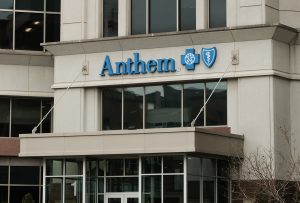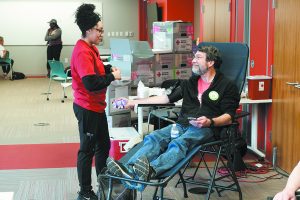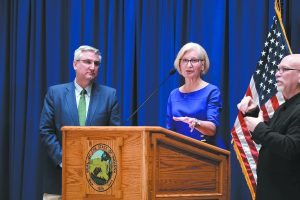Infectious disease specialist, on reopening economy: ‘Do things very slowly and gradually’
Dr. Cole Beeler knows people are itching to get back to business and resume their normal lives. But he warns employers and workers not to rush back to the old way of doing business, at least not all at once.






